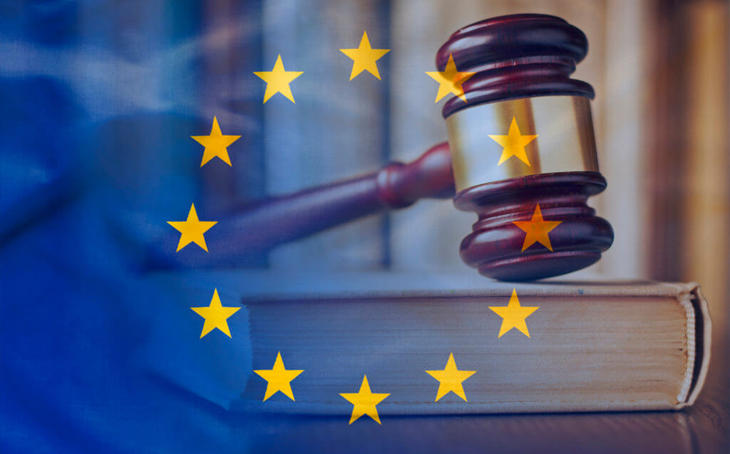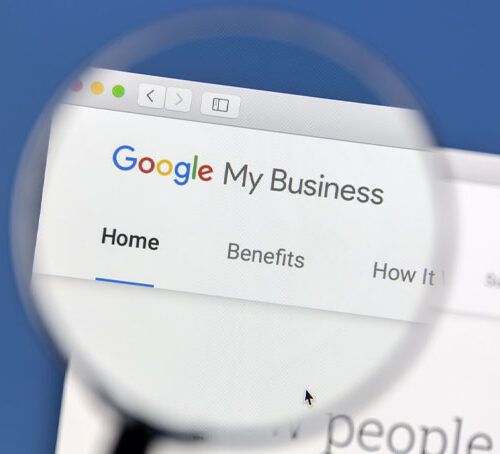
Unlike the US, the culture of whistleblowing in Europe has been practically non-existent for many years. Until recently, the term whistleblowing was mostly associated with a dubious role of an informant. Unsurprisingly, there were no whistleblowing rules in Europe that could protect people who were reporting illegal activity.
At the same time, many organizations, including the European Commission, have recognized the value of people reporting wrongdoing in the context of their work. In doing so, the Commission has also noted that when someone “raises the alarm,” they often put their career and material status at risk.
To this end, the European Commission has proposed new whistleblowing rules, which came into force on December 17, 2021. Keep reading to find more about how whistleblowing is now regulated in the EU, which organizations should comply, and how the technology can help organizations ensure robust protection for whistleblowers.
How Is Whistleblowing Now Regulated in the EU?
What Regulations Cover Whistleblowing?
The Directive (EU) 2019/1937 on protecting persons who report breaches of the Union law was adopted on October 23, 2019. The new regulation provided EU member states with a two-year grace period to pass the whistleblowing directive into their national laws.
As of the date of this report, some EU member states still lag in adopting the whistleblowing directive while others are slowly passing the new rules into their statutes, but more on it later.

Which Businesses Fall Under the New Whistleblowing Rules in Europe?
The new EU whistleblowing rules apply to the companies and public sector institutions having more than 50 employees.
The minimum standards require compliance with the Directive for private and public organizations coming from:
- Public procurement
- Financial service
- Product safety
- Transport safety
- Environmental protection
- Food safety
- Public health
- Animal health
- Data and information protection
Meanwhile, the individual EU member states can expand the scope of industries that should ensure compliance. For this reason, it is advisable to consult your local whistleblowing lawyers in Europe for more information on applicable rules.
What Are the Safeguards Provided by the Regulation
The whistleblowing regulation requires companies and public institutions to establish internal and external whistleblowing channels. These channels should allow employees confidentially disclose information about possible breaches of EU laws without fear of retaliation.
Previously, it was always possible to raise a complaint with competent authorities or make a public disclosure. Meanwhile, the new law gives priority to internal channels within the organizations, which are believed to be more effective.
At the same time, violation of the new whistleblowing rules in Europe makes perpetrators liable for administrative offenses. The penalties imposed for these violations may vary from EUR 500 to EUR 50,000, depending on the scope of the offense.
What Is the Situation Across the EU Member States?
The situation with passing the whistleblowing rules in Europe to national statutes varies widely. Some countries have already passed their national whistleblower protection rules, while others haven’t even published any information.
Thus Portugal was among the first to adopt the new law implementing the EU Directive, coming into effect on June 18, 2022. In France, the new national law takes effect from September 22, 2022, while Germany only expects to pass the whistleblowing rules in June this year.
Meanwhile, other countries like Italy are still reviewing the whistleblowing directive, and the perspectives on when it can be adopted are still unclear.
How Can Legal Technology Help Implement New Whistleblowing Rules in Europe?
With the priority on the internal channels, organizations rely on digital technology to identify, track and report problematic communications.
Digital technology companies are now developing tools to assist their clients in protecting their employees reporting about breaches. Thus, the application of digital technology helps to implement compliance with the whistleblowing rules in Europe and provides for confidentiality of communication and efficiency in the workplace.
Summary
The EU whistleblowing rules coming into force from December 17, 2021, are adopted by multiple EU member states. The new laws require companies and public institutions with more than 50 employees to establish secure internal channels to report violations in the workplace and protect their staff from retaliation.
Those organizations interested in learning more about how the Directive 2019/1937 applies to their particular case are advised to consult with whistleblowing lawyers in Europe. We also encourage you to stay tuned to the Rolling Legal blog for more updates on digital tools developed to help companies implement the whistleblowing directive.
Related Posts
Legal Time Management and Time-Tracking:
Time management is a cross-cutting issue in all legal professional

Legal Practice 4.0: four strategies
If before the pandemic, using certain technologies was a differentiation


